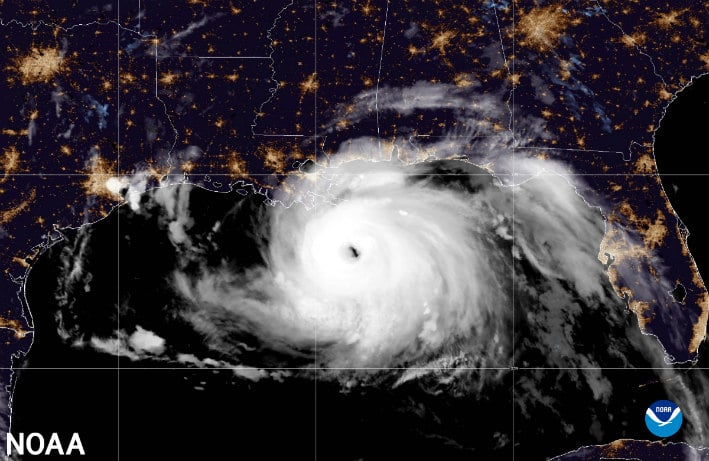Climate Risk and Resilience Portal Aims to Help Boost Preparedness
A new portal gives state, local, and tribal officials and community leaders free access to localized data about future climate risks that can be used to explore strategies for community resilience.
The Climate Risk and Resilience Portal (ClimRR), a joint initiative by the Department of Energy’s Argonne National Laboratory, FEMA and AT&T, provides climate data sets in a nontechnical format to help communities make informed decisions about a range of future weather-related conditions. Initial hazards included in ClimRR are temperature, precipitation, wind, and drought. Additional risks, such as inland and coastal flooding as well as wildfire, will be added in the coming months.
Climate projections from ClimRR can be overlayed with community and infrastructure information sourced from FEMA’s Resilience Analysis and Planning Tool (RAPT). Combining data from ClimRR and RAPT allows users to understand local-scale climate risks in the context of existing community demographics and infrastructure, including the location of vulnerable populations and critical infrastructure.
FEMA’s collaboration on ClimRR and the Biden-Harris Administration’s recently released Climate Mapping for Resilience and Adaptation (CMRA) assessment tool represent the federal commitment to making climate science data available so communities across America can make risk-informed investments to become more resilient, according to the launch announcement.
AT&T originally commissioned Argonne’s Center for Climate Resilience and Decision Science to produce the climate projections in ClimRR for the company’s own adaptation efforts. Through this collaboration, AT&T has made the data used in ClimRR publicly available.
The goals of ClimRR are to:
- Provide free and equitable access to peer-reviewed climate datasets to support analysis and data-driven planning for future climate risks.
- Empower non-technical individuals, organizations, planners and decision-makers at state, local, tribal, and territorial governments to gain awareness of future climate conditions and to conduct climate risk-informed analyses to support decision-making and adaptation efforts.
- Enable technical audiences to access to data and apply results to examine infrastructure design criteria, development plans, and other technical analyses that would benefit from the use of robust data for future climate conditions.
- Contextualize how climate risks factor into equity considerations and barriers to community and infrastructure disaster resilience.
- Provide near-nationwide assessments of the variables affecting future climate conditions and their potential impacts.
To demonstrate effective strategies for ClimRR data, “Use Cases” are available to help decision makers think about how to analyze and operationalize the data. The ClimRR Report Generator provides climate, community, and infrastructure data for local areas in an easy-to-read report. The ClimRR Data Explorer allows users to conduct on-the-fly analyses using various climate, community, and infrastructure datasets.

